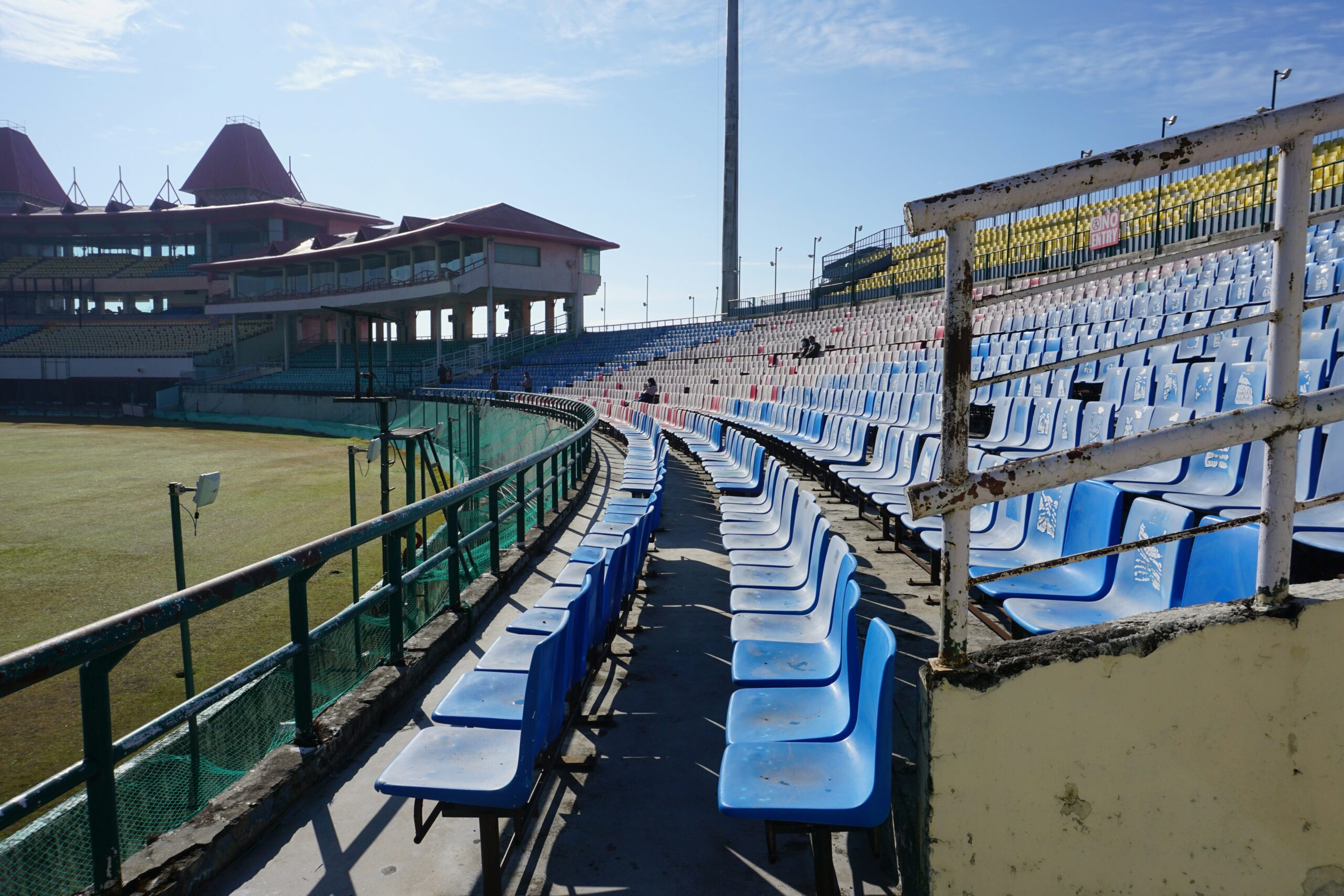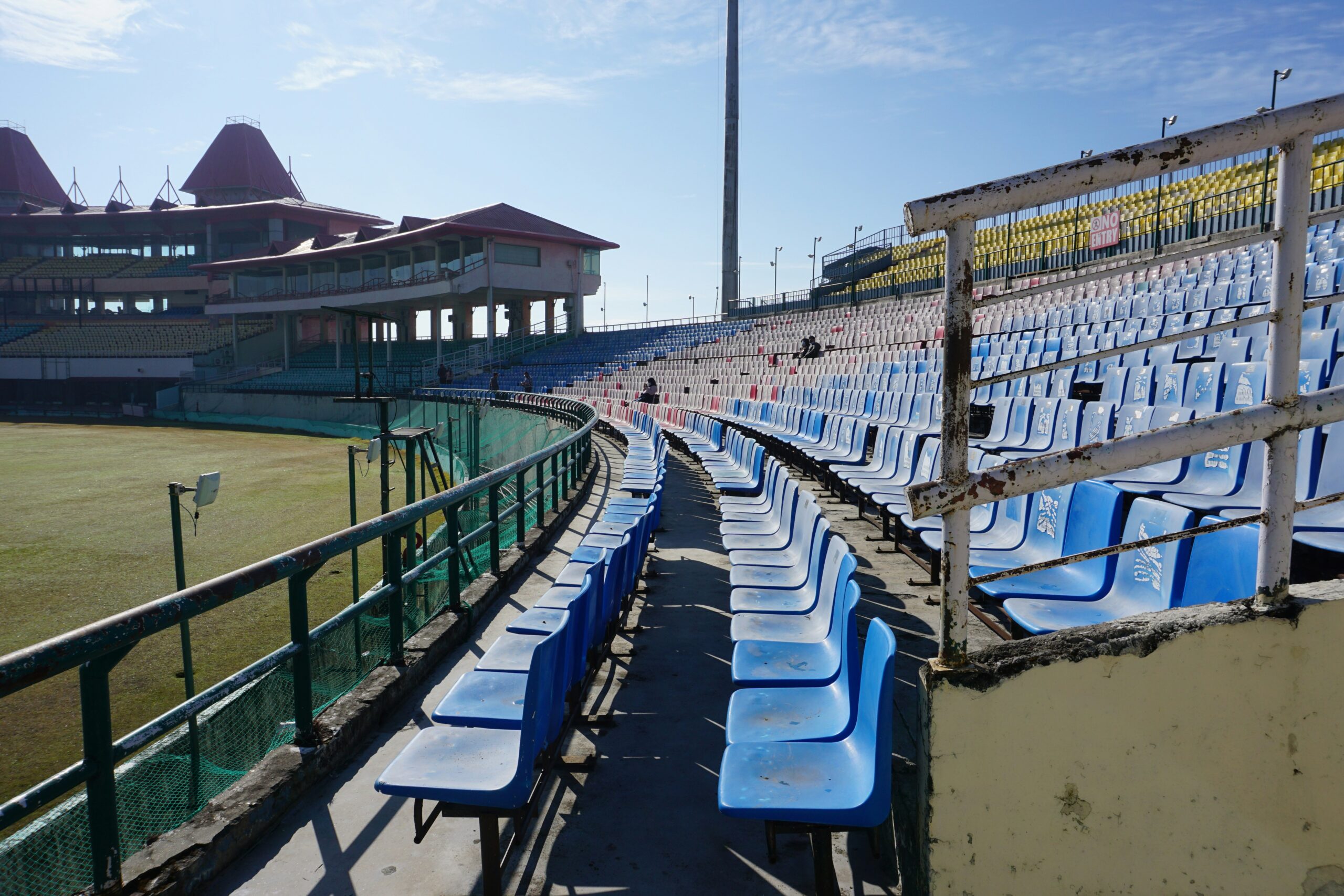
Introduction to Eden Gardens and Its Significance in IPL
Eden Gardens, situated in Kolkata, India, is not only one of the oldest cricket stadiums in the world but also a historical landmark that has witnessed numerous iconic moments in cricket history. Established in 1864, this stadium is renowned for its captivating atmosphere and passionate crowd, making it a significant venue in the realm of cricket, particularly in the Indian Premier League (IPL). Eden Gardens has a seating capacity of over 66,000, which allows it to host a large number of spectators, fostering an electrifying environment for both players and fans alike.
The cultural significance of Eden Gardens extends beyond cricket; it serves as a melting pot of local traditions and fervor, reflecting the rich heritage of Kolkata. Over the years, this stadium has been a witness to groundbreaking matches, including World Cup finals, Test matches, and, more recently, thrilling IPL contests. The energy radiating from the stands during IPL matches is unparalleled, as Kolkata Knight Riders (KKR) fans provide unwavering support to their team, further amplifying the overall atmosphere. The stadium’s unique characteristics—the sprawling outfield and its iconic light towers—make it a favorite among players and spectators.
Hosting IPL matches at Eden Gardens plays a vital role in the league’s overall appeal. The venue’s legacy and ambience are instrumental in creating memorable experiences for players, who often acknowledge the support from the crowd as a motivator for exceptional performances. The formidable history of Eden Gardens not only showcases its significance in cricket, but it also sets a captivating backdrop for analyzing the statistics related to matches played at this storied venue. As we delve deeper into the IPL records at Eden Gardens, we will explore aspects like average scores, wickets taken, and runs scored, further highlighting its status as a cricketing fortress.
Average Scores at Eden Gardens: What the Numbers Say
Eden Gardens, one of the most iconic cricket stadiums in the world, has hosted a myriad of thrilling matches during the Indian Premier League (IPL). Analyzing the historical average scores at this venue offers valuable insights into the conditions that players and teams face. Over the years, the average first innings score at Eden Gardens has often hovered around the 170-180 run mark. This trend indicates a batting-friendly surface that tends to favor high scores, especially in day-night matches where the pitch tends to be conducive for batting as the game progresses into the evening.
However, historical data reveals fluctuations in these averages influenced by various factors. For instance, during the early seasons of the IPL, the pitch was known for its slower nature, leading to lower scores. Over time, improvements in the playing surface and drainage systems have contributed to higher scores. Teams have adapted their strategies, focusing on aggressive batting power plays, which have consequently inflated the average scores recorded.
Weather conditions also play a critical role in determining match outcomes at Eden Gardens. Humid conditions often assist seam bowlers, resulting in lower averages due to increased swing. Conversely, clear weather generally provides a better batting environment, leading to notably higher scores. Additionally, the strengths of the teams competing can affect averages. Strong batting line-ups typically post bigger totals, while teams with an underperforming batting order may struggle, thereby impacting the resulting averages.
In the previous seasons, the trend has shown an upward trajectory in scoring patterns, particularly as franchises invest in high-caliber international players. This evolution suggests that not only the players but also the adapted strategies of management have enhanced scoring averages at Eden Gardens, thereby maintaining its reputation as a challenging yet favorable venue for batsmen.
Wickets and Bowling Performances: A Closer Look
Eden Gardens is renowned for its historical significance and vibrant atmosphere during IPL matches. However, the iconic venue is also a stage for remarkable bowling performances that can significantly influence the outcome of a game. The wicket count in matches held at Eden Gardens reveals patterns that are instrumental for teams planning their strategies. Over the years, the venue has recorded a considerable number of wickets, showcasing the skills of bowlers who thrive in its conditions.
The pitch at Eden Gardens is known for favoring seamers initially, particularly in the early overs when the conditions are conducive to swing bowling. As the match progresses, spinners gain traction, especially on dry days when the surface may wear down. This dual nature of the pitch plays a critical role in defining a bowler’s approach and the type of strategies employed by the fielding captain. The effectiveness of bowlers can thus vary significantly from one match to another, depending on the state of the pitch and weather conditions.
Prominent wicket-takers at Eden Gardens have left their mark in IPL history, with players like Sunil Narine and Andre Russell frequently dominating the wicket charts. Their exceptional performances have not only contributed to their team’s success but have also developed a competitive edge at this venue, which is crucial in high-pressure scenarios. Bowlers with the ability to adapt to the pitch conditions tend to excel, allowing them to change the game’s momentum and maintain scoring restraint.
In high-stakes matches, the bowling performance becomes even more critical, as a few key wickets can shift the balance. Teams must be strategic in their deployment of bowlers, particularly at Eden Gardens, where understanding the pitch’s nuances can provide a significant advantage. Overall, analyzing wicket-taking patterns and bowler effectiveness at this iconic venue fosters deeper insight into team strategies essential for achieving success in the IPL.
Impact of Eden Gardens Records on IPL History
The records established at Eden Gardens have significantly shaped the narrative of the Indian Premier League (IPL) since its inception in 2008. Renowned for its electrifying atmosphere and passionate fan base, Eden Gardens not only provides an advantageous playing field but also influences the dynamics of the matches played there. High average scores and notable wicket tallies are benchmarks that teams aspire to achieve, leaving an indelible mark on the league’s competitive landscape.
One of the primary impacts of these records is the psychological advantage they create for home teams. Players often cite the overwhelming energy of the Kolkata crowd as a driving force behind their performances. For instance, teams that have excelled in terms of runs and wickets at Eden Gardens often carry that momentum into their subsequent matches, enhancing their overall standings in the league. This creates an environment where certain teams, like the Kolkata Knight Riders, have built a strong reputation due to their remarkable records at this iconic venue.
From the perspective of analysts, Eden Gardens serves as a litmus test for player capabilities and team strategies. The statistics compiled over the years provide critical insights into what it takes to succeed in high-pressure situations, acting as a guiding framework for upcoming talents and seasoned players alike. Hitting records at such a prestigious venue is viewed as a hallmark of excellence, and this has only intensified the rivalry among franchises. Every IPL season prompts discussions about the records set at Eden Gardens, leading analysts, players, and fans to reflect on their implications for future matches.
In conclusion, the statistics from Eden Gardens transcend mere numbers; they represent milestones that influence the aspirations of teams in the IPL, ushering them towards heights of achievement while simultaneously setting standards for excellence in Twenty20 cricket.
